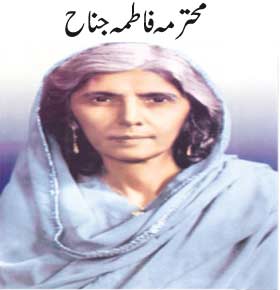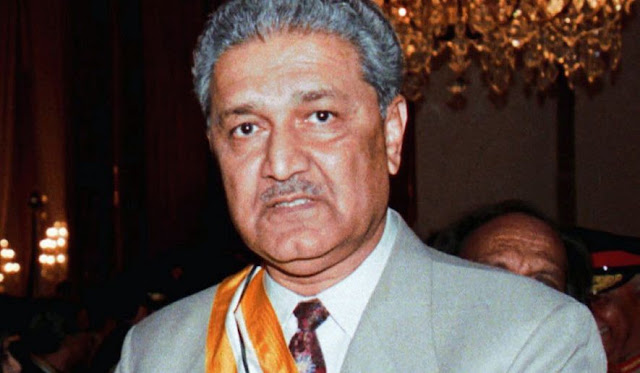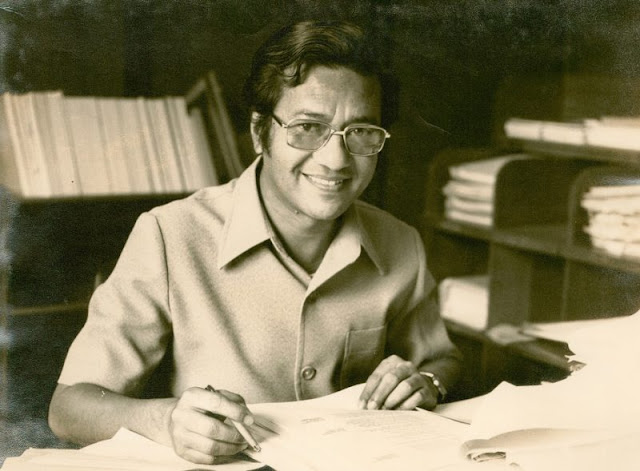 Imran Khan Signature:
Imran Khan Signature:
Imran Ahmad Khan Niazi (Urdu: عمران احمد خان نیازی) (born 5 October 1952) is a Pakistani politician. He is the 22nd and current Prime Minister of Pakistan. Before entering politics Khan was a cricketer and played for international cricket for two decades in the late 20th century.
Khan became a politician in the mid-1990s. Currently, besides running his own political party, Khan is also a charity worker and cricket commentator. He made his political party Pakistan Tehreek-e-Insaf (PTI) in 1996. He made a cancer hospital, Shaukat Khanum, in memory of his mother who also died of cancer.
On July 26, 2018, Khan was elected Prime Minister despite many people accusing Khan's campaign of rigging the election. Khan took oath as Prime Minister of Pakistan on 18 August 2018.
Family
The family of Imran Ahmed Khan Niazi, the incumbent Prime Minister of Pakistan and former captain of the Pakistan cricket team is the current First Family of Pakistan. Imran Khan was born on 5 October 1952 in Lahore to father Ikramullah Khan Niazi, a civil engineer, and mother Shaukat Khanum. He grew up as the only son in the family, with four sisters. The family are ethnical of Pashtun origin. Paternally, Khan belongs to the Niazi Pashtun tribe which has long been settled in Mianwali in northwestern Punjab. Khan's mother hailed from the Burki Pashtun tribe settled in Jalandhar, Punjab, which emigrated a few centuries ago from South Waziristan in the tribal areas of northwest Pakistan. Khan's maternal family has produced several great cricketers, the most prominent of whom are Javed Burki and Majid Khan.
From 1995 to 2004, Imran Khan was married to Jemima Goldsmith, a British socialite turned writer and activist, and member of the influential Goldschmidt family of England. They have two sons from the marriage, Sulaiman Isa Khan (born 1996) and Kasim Khan (born 1999). The marriage ended amicably in divorce in 2004. In early 2015, Khan announced his marriage to the British Pakistani journalist Reham Khan. The marriage lasted nine months and ended in divorce on 30 October 2015. In 2018, he married Bushra Maneka, who was previously his spiritual mentor.
Cricket career
Khan made his first-class cricket debut at the age of 16 in Lahore. By the start of the 1970s, he was playing for his home teams of Lahore A (1969–70), Lahore B (1969–70), Lahore Greens (1970–71) and, eventually, Lahore (1970–71). Khan was part of the University of Oxford's Blues Cricket team during the 1973–1975 seasons. At Worcestershire, where he played county cricket from 1971 to 1976, he was regarded as only an average medium-pace bowler. During this decade, other teams represented by Khan included Dawood Industries (1975–1976) and Pakistan International Airlines (1975–1976 to 1980–1981). From 1983 to 1988, he played for Sussex.
Khan made his Test cricket debut against England in June 1971 at Edgbaston. Three years later, in August 1974, he debuted in the One Day International (ODI) match, once again playing against England at Trent Bridge for the Prudential Trophy. After graduating from Oxford and finishing his tenure at Worcestershire, he returned to Pakistan in 1976 and secured a permanent place on his native national team starting from the 1976–1977 season, during which they faced New Zealand and Australia. Following the Australian series, he toured the West Indies, where he met Tony Greig, who signed him up for Kerry Packer's World Series Cricket. His credentials as one of the fastest bowlers in the world started to become established when he finished third at 139.7 km/h in a fast bowling contest at Perth in 1978, behind Jeff Thomson and Michael Holding, but ahead of Dennis Lillee, Garth Le Roux and Andy Roberts. During the late 1970s, Khan was one of the pioneers of the reverse swing bowling technique. He imparted this trick to the bowling duo of Wasim Akram and Waqar Younis, who mastered and popularised this art in later years.
As a fast bowler, Khan reached his peak in 1982. In 9 Tests, he took 62 wickets at 13.29 each, the lowest average of any bowler in Test history with at least 50 wickets in a calendar year. In January 1983, playing against India, he attained a Test bowling rating of 922 points. Although calculated retrospectively (International Cricket Council (ICC) player ratings did not exist at the time), Khan's form and performance during this period rank third in the ICC's All-Time Test Bowling Rankings.
Khan achieved the all-rounder's triple (securing 3000 runs and 300 wickets) in 75 Tests, the second-fastest record behind Ian Botham's 72. He also has the second-highest all-time batting average of 61.86 for a Test batsman playing at position 6 in the batting order. He played his last Test match for Pakistan in January 1992, against Sri Lanka at Faisalabad. Khan retired permanently from cricket six months after his last ODI, the historic 1992 World Cup final against England in Melbourne, Australia. He ended his career with 88 Test matches, 126 innings and scored 3807 runs at an average of 37.69, including six centuries and 18 fifties. His highest score was 136. As a bowler, he took 362 wickets in Test cricket, which made him the first Pakistani and world's fourth bowler to do so. In ODIs, he played 175 matches and scored 3709 runs at an average of 33.41. His highest score was 102 not out. His best ODI bowling was 6 wickets for 14 runs, a record for the best bowling figures by any bowler in an ODI inning in a losing cause.










Wow it's a good topic keep going
ReplyDeleteThank you is much. I appreciate to you and I happy to give me little pressure to upload more blogs.
Delete